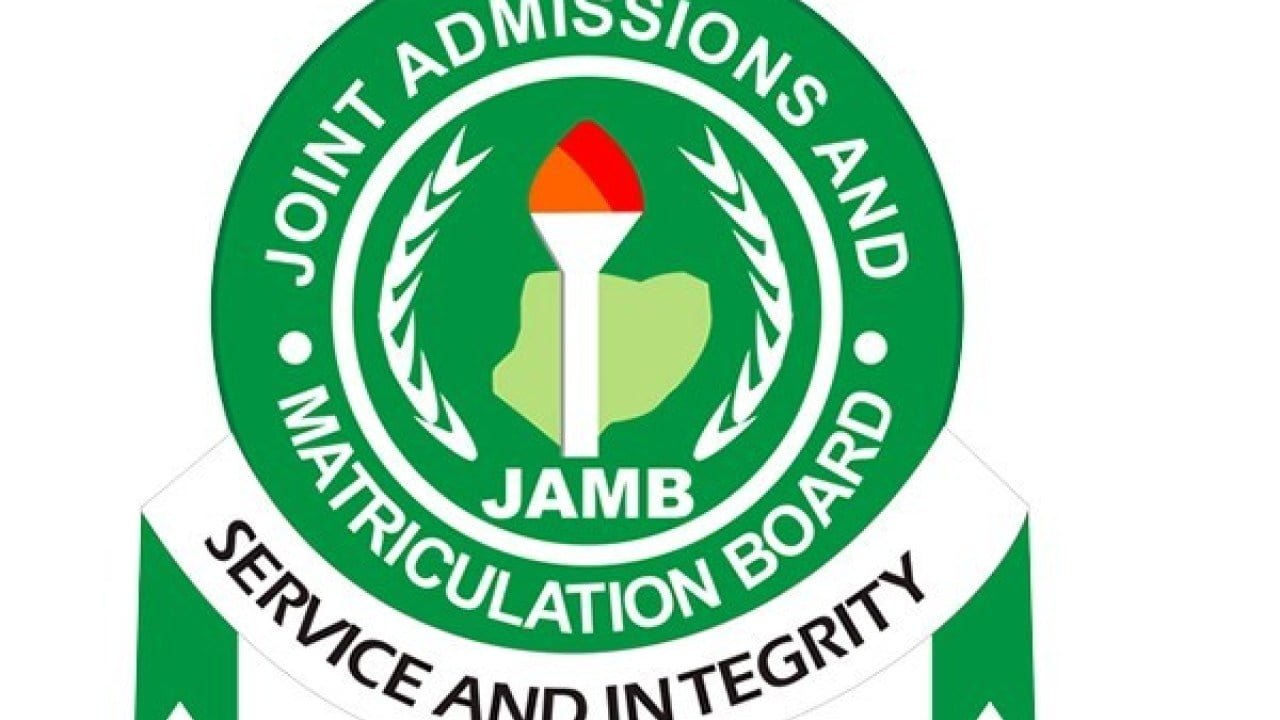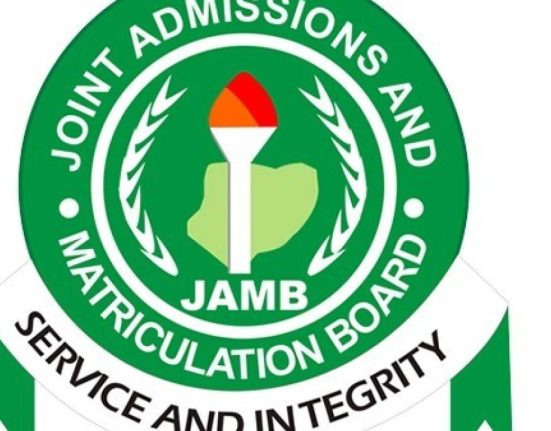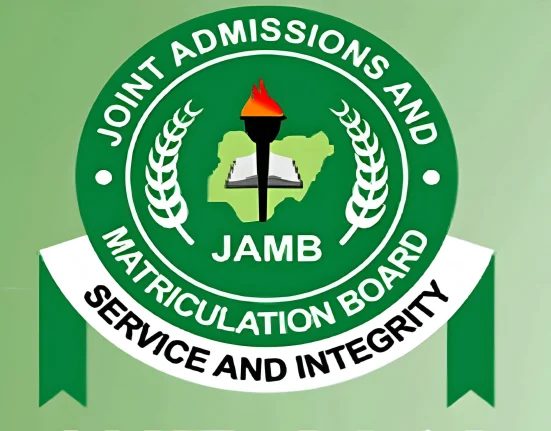July 11, 2025 | Abuja — The Joint Admissions and Matriculation Board (JAMB)’s decision to set the 2025 minimum cut-off mark for university admission at 150 has reignited a national conversation about academic standards, equity, and the overall future of education in Nigeria.
The new benchmark, announced after a policy meeting with stakeholders in the education sector, is intended to provide wider access to tertiary education and reduce admission bottlenecks. However, critics argue that it may further erode academic excellence and send the wrong message about merit and hard work.
JAMB Registrar, Prof. Ishaq Oloyede, defended the decision, stating that universities still retain the autonomy to set higher minimum requirements based on their internal policies. “This is not a blanket score for admission into all programmes,” he said. “Institutions are free to peg their own limits above the national minimum.”
Despite the clarification, many education advocates and stakeholders have voiced concern that a 150 cut-off out of a possible 400 sends a signal of declining standards in a country that already faces challenges in global academic rankings.
“This is a dangerous precedent,” said Dr. Tunde Akinyemi, an education policy analyst. “When you lower the bar too much, you weaken the quality of students entering the system and, ultimately, the quality of graduates we produce.”
Others, however, argue that the move could be beneficial, especially for students in under-resourced regions who face systemic disadvantages such as poor facilities, limited access to preparatory resources, and insecurity. For them, the lower cut-off provides a fighting chance at higher education.
“The truth is, not all schools and states are on the same playing field,” said Aisha Bello, an education rights advocate. “This cut-off may help bridge that inequality, provided the universities still uphold rigorous internal screening processes.”
University lecturers, under the umbrella of the Academic Staff Union of Universities (ASUU), have called for a holistic review of the education sector, warning that unless issues of infrastructure, funding, and teacher training are addressed, cut-off mark changes will have limited impact.
As the 2025 admission season begins, students and parents are now looking to individual university requirements, while the broader debate on whether access should trump standards continues to divide Nigeria’s academic and public spheres.
For now, JAMB’s decision remains in place — a policy balancing act between inclusivity and academic integrity, with long-term implications for Nigeria’s educational future.






